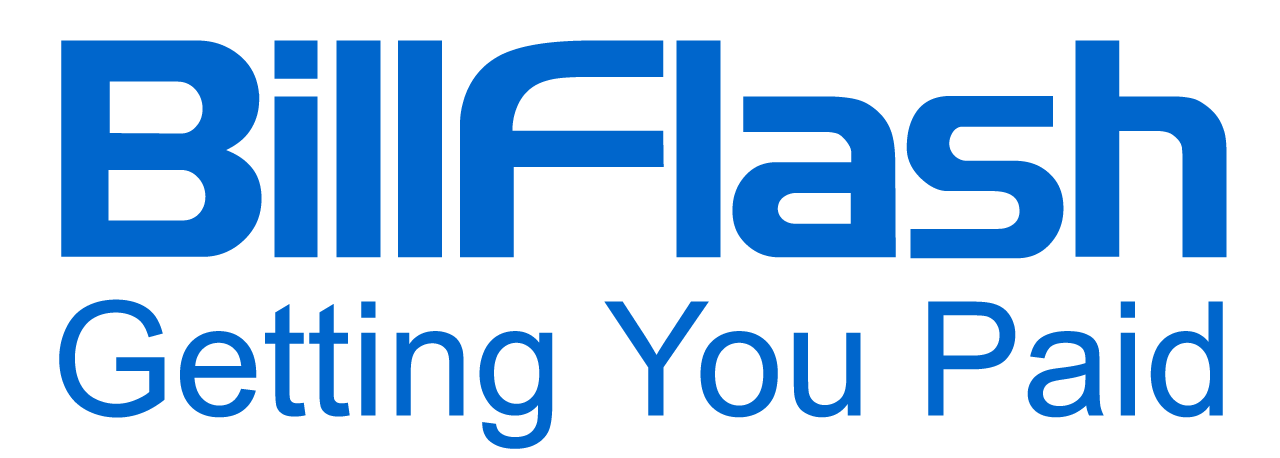Revenue management plays a vital role in the success of any business. In the healthcare industry, revenue cycle management (RCM) plays a crucial role in ensuring a steady cash flow. RCM solutions are beneficial not only to healthcare providers but also to patients.
What Is Revenue Cycle Management?
Revenue cycle management (RCM) is the process of managing medical billing, revenue collection, and processing payments. The cycle starts from the initial encounter with a patient and ends when all payments for services have been received. Having the right RCM services provider guarantees your health practice success.
How Can Revenue Cycle Management Help Your Medical Practice Thrive?
While RCM offers many benefits to independent healthcare providers, its fundamental goal is to increase revenue. Here are eight benefits of implementing RCM in your healthcare practice.
Reduction of Errors in Medical Billing
RCM makes it simple for healthcare providers to identify and resolve billing errors. This ensures that all claims submitted are clean and error-free. Claims that are clean and error-free have a lower chance of being denied or rejected.
Easy identification and resolution of errors allow for the faster submission of claims. Hence, providers can quickly receive compensation for medical services rendered. Additionally, healthcare providers can spend fewer resources following up on claims.
Improve Revenue Collection With Revenue Cycle Management
Effective revenue collection is vital to ensure adequate cash is available for operational costs. Minimizing billing errors allows more claims to be approved, and the health practice can receive reimbursements promptly. In addition, resources used to follow up on denied claims are saved.

The additional revenue collected can be invested in improving the quality of services provided in healthcare facilities, potentially bringing more patients to the facility. In the long run, the facility would have increased revenue. Protecting your bottom line means staying longer in the healthcare industry, thus making it easier to establish yourself as an industry leader.
Eliminates Healthcare Fraud
Healthcare fraud leads to financial losses and reputation damage. RCM helps healthcare providers reduce incidences of fraud by ensuring all services are accurately charged and coded. In addition, utilizing RCM services eliminates the possibility of duplicate charges and excessive payment amounts.
RCM also provides data used in analyzing trends. Analysis of trends can help identify areas where fraud is likely to occur. By reducing errors and identifying possible areas of fraud, RCM can help you eliminate healthcare fraud.
Saves Healthcare Providers Time
Appealing and following up on denied claims can be time-consuming. Revenue cycle management minimizes the number of claim denials hence saving health providers time. Revenue cycle management also helps healthcare providers identify errors in the billing process faster.

Furthermore, RCM allows for a simplified interaction between healthcare providers and patients. The processes of scheduling appointments and patient registration are made more accessible—the simplified exchanges free more time for the healthcare providers.
Reduces Patient Fraud
Patients may provide false information to receive healthcare services. For example, some patients (either knowingly or unknowingly) may give inaccurate information about their insurance coverage to receive healthcare services not included in their policies. Other patients may lie about their identity to use insurance coverage that does not belong to them. Falsified information from patients has resulted in financial losses for health practices.
RCM helps in minimizing patient fraud by verifying the insurance policies. RCM can also reduce identity theft by automating the verification of patients' information. With RCM, inaccurate information given by patients can be identified in the early stages and addressed amicably.
Greater Visibility
RCM improves the visibility of medical billing services, making it easier for providers to recognize and correct issues. RCM allows providers to see the financial impact of each patient more vividly. Practitioners can use information regarding patients' financial impact to improve their services. Revenue cycle management also enables healthcare providers to determine the rates at which insurance companies compensate them.
Medical service outcomes can also be monitored. Monitoring medical outcomes help healthcare providers gauge the quality of their services. In addition, the information can help health practices adjust their services appropriately.
Enhances Data Integrity
Mistakes usually occur when someone manually enters or records data. An RCM system helps healthcare providers check data accuracy and track each step of the data entry process, thus giving the provider a comprehensive view of what happens in every stage. This assists in identifying areas where mistakes occur.

RCM can also generate reports to track key performance metrics, determine potential trends, identify cost savings opportunities, and more.
Simplified Processes
Healthcare providers use RCM to simplify financial processes. For example, providers can save time by automating appointment scheduling, insurance verification, and billing processes. Furthermore, automation eliminates the errors that would have occurred if the processes were manual.
RCM can also help providers understand financial data better by generating detailed reports. These reports are crucial when making decisions. In general, RCM streamlines processes, increasing the healthcare practice's efficiency.
RCM Helps Keep You Compliant
The federal government has made the use of EMR/EHR software enabling electronic records mandatory. Outsourcing your practice revenue cycle management to medical billing specialists makes it easier for healthcare providers to stay compliant without the stress of managing in-office staff or technologies.
When you use RCM services, you no longer must worry about office turnover and the headache of training (and re-training!) employees on software or industry best practices. Indeed, no more second-guessing whether procedures have been properly coded to maximize revenue—all the behind-the-scenes work is done for you—freeing you to focus on providing the best possible patient care.
Partnering with the right RCM service ensures better financial outcomes while enabling greater visibility into the financial health of your practice.
Learn More About Revenue Cycle Management
BillFlash offers end-to-end RCM Services that manage everything from pre-claim services to patient payments and collections. Our expert coders & billers will manage every aspect of your insurance & patient billing revenue so you can focus on what matters most–patient care. Schedule a demo today at BillFlash.com.

